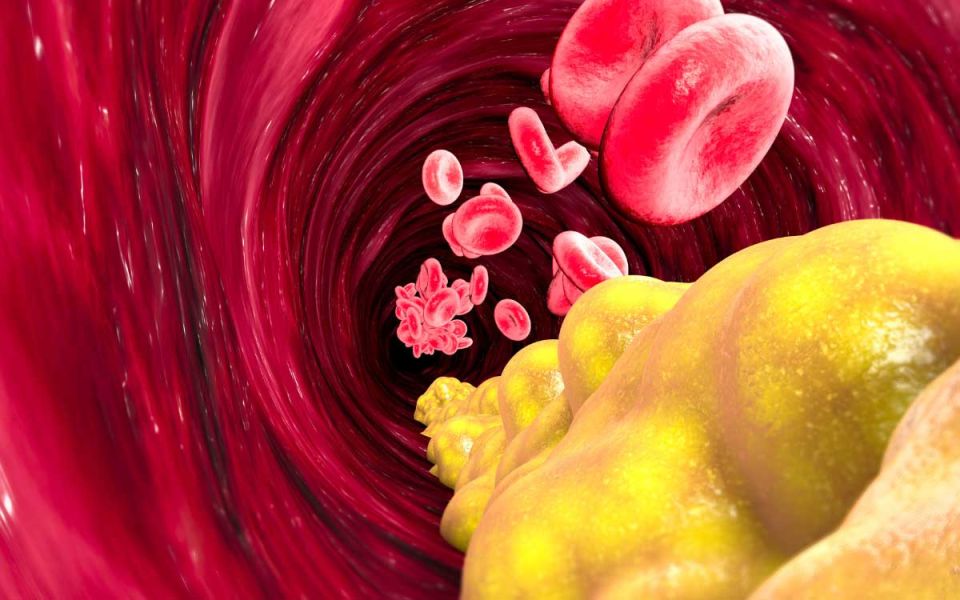What Are Triglycerides?

What Are Triglycerides? Triglycerides are a type of fat (lipid) found in your blood. You get them in two ways – from the food you eat and from what your liver makes. Eating too many calories, especially from high carbohydrate foods, could lead to high triglycerides (hypertriglyceridemia), as could certain medications. High triglycerides could also be a sign of diabetes or thyroid problems, or be genetic. Almost 1 in 3 Americans have high triglycerides. When you have excess triglycerides, they are stored in the fat cells for later use. When they are needed, your body releases them as fatty acids, which fuel body movement, create heat, and provide energy for the body's processes.
A fasting blood test can tell where your triglyceride level falls.
- For good health, your triglyceride level should be less than 150 mg/dL.
- Borderline high levels are 150-199 mg/dL.
- The high is 200-499 mg/dL.
- Very high is more than 500 mg/dL
Diet and Lifestyle Changes to Reduce High Triglycerides Consume less sugar and refined carbohydrates – limit white bread, white rice, white potatoes, sweetened beverages, sugary cereals, cakes, and cookies. Instead choose whole grain breads, quinoa or wild rice, and fresh fruits and vegetables. Aim for 30 grams of fiber a day. Choose Healthy fats – use unsaturated fats such as olive and avocado oils. Eat fish, poultry, and less red meat, and enjoy some meatless meals. Limit your intake of alcohol – for some people drinking even a little bit can have a big effect on triglycerides. One of the best ways to lower triglycerides is with regular exercise. Aim for an average of 40 minutes of moderate to high-intensity exercise 3 to 4 days a week. Taking a brisk walk every day works for many people.
When Healthy Lifestyle Changes Are Not Enough Your doctor may recommend medication to help lower your high triglycerides, such as nicotinic acid (niacin), fibrates, omega-3 fatty acids (fish oil), or statins. There are also some new medications being developed that may not only lower your triglycerides but reduce your risk of heart disease overall. Many of our research sites are participating in these important clinical trials. We invite you to contact one of our sites near you to see if you could benefit from one of these programs.
Lori Alexander, MSHS, RDN, CCRC, CLS, FNLA Director, ENCORE Lipid Center of Excellence



